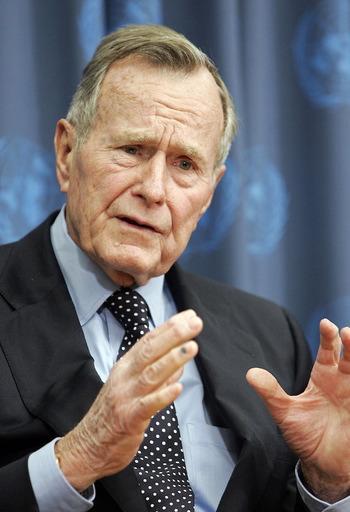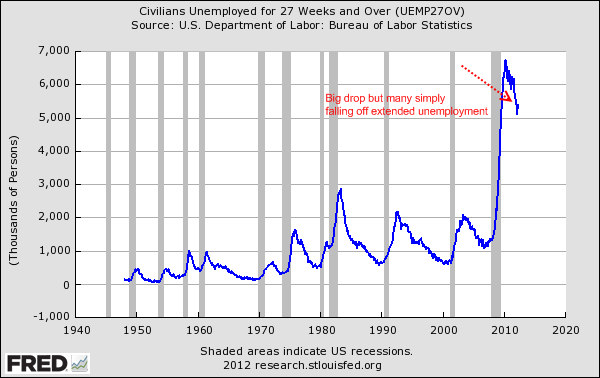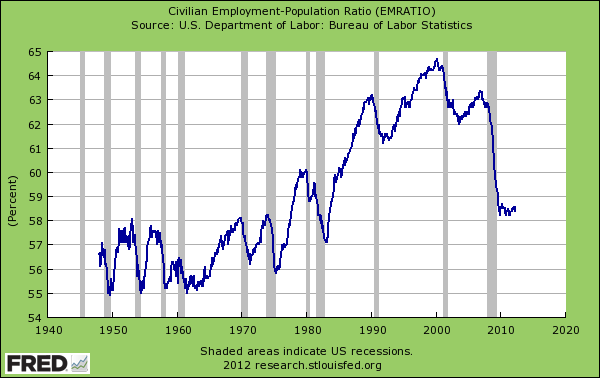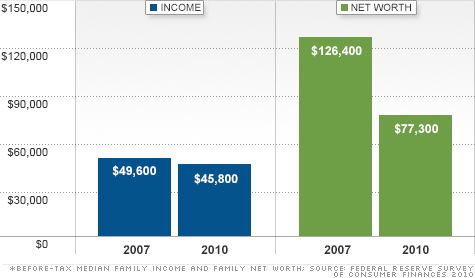JERUSALEM: The Vatican is about to “indirectly recognize” Israel’s annexation of East Jerusalem, seen by many Palestinians as the future capital of their independent state, a media report today on Monday.
This would be done if the draft of an economic agreement between the Jewish state and the Holy See, containing no distinction between sovereign
Israel and the territories occupied by it in 1967, is approved by the two sides, Ha’aretz online reported.
Palestinian sources told the Israeli daily that the agreement would mean “indirect recognition” of Israeli annexation of East
Jerusalem and of the imposition of Israeli law in part of the West Bank.
France, which has special standing as custodian of holy Christian sites and Christian communities, is also said to be concerned at the apparent latent recognition of the annexation and the economic implications for the communities, and particularly its Christian institutions in the country and the people who are part of them, the report said.
Contrary to the Palestinian concern, a “well informed source” is quoted as saying that “there is nothing in the agreement to harm the rights of the Palestinians,” and that the agreement was made with the sovereign State of Israel in its internationally recognized identity, and therefore there was no need for a clarifying preamble.
The
Bilateral Permanent Working Commission between the Holy See and the State of Israel is to meet in
Rome today and tomorrow to continue with talks held in Jerusalem last week, addressing matters of disagreement.
Negotiations toward an agreement on the fiscal status of Catholic institutions in Israel have been underway for 13 years, 11 more than the original two years allocated in what is known as the “fundamental agreement”.
The signing of that accord by Israel and the Vatican on December 30, 1993 had led to the establishment of diplomatic relations between the Vatican and Israel.
Over the past few months, NGOs and members of various Christian denominations in Israel have begun to receive details about the draft agreement, which has been presented to them as a lapse and a failure by the Vatican, the daily said.
The people who informed Palestinian Christians and NGOs of their concerns preferred not to approach the Palestinian Authority (PA) immediately because they did not believe that PA could act on its own in this diplomatic and legal realm.
Members of the Christian community in Jerusalem and the West Bank have held a number of emergency meetings recently and have contacted the Vatican to make clear that the agreement under discussion is not merely a fiscal and a technical agreement, and that a lack of distinction between occupied territory and Israeli territory could have severe implications, Ha’aretz said.
The legal agreement, known as the ‘Legal Personality Agreement’ was signed on November 10, 1997, but never ratified by Israel, it said.
Meetings on fiscal issues, which relate to property rights, actions involving property by church bodies, and Issues of taxation and tax exemption, began in 1999 and have still not been concluded.
The parties decided to exclude a list, known as “Schedule 1″, of institutions on both sides of the Green Line from the text of that agreement, with regard to which they felt they would not be able to resolve differences soon.
Among the sites and institutions on the list are those in which ownership and possession are in dispute, such as properties that Israel has expropriated or whose owners were declared absentees and the Church wants to take possession of again, or sites that Israel has declared open to the public and the Church believes should remain in the private sphere.
A draft of the agreement, dated January 25, 2012, which Ha’aretz has said to have obtained, appears to address Israeli law in a general way, without relating to or alluding to Israel’s status as an occupying power according to international law, the report said.
The same is the case with regard to sites in East Jerusalem.
A Palestinian lawyer, who reflects the position of the Palestinian Christian denominations with regard to the agreement now being formulated, told Ha’aretz that in bilateral agreements with Israel there is a clause defining what is meant by “Israel” from which a distinction clearly emerges between the two sides of the Green Line.
The term “Israeli law” without any kind of codicil or restriction, is a dangerous precedent and implies recognition of the annexation of East Jerusalem and Israeli civil rule over areas of the West Bank (where a number of the sites on Schedule 1 are located), the lawyer was quoted as saying.
A well informed source quoted by the daily rejected the interpretation saying that the agreement contains no geographical reference to any institution it mentions and there are no negotiations underway over the status of institutions in East Jerusalem.
He said that the agreement recognises that “the Vatican has some obligations but [also] some immunities because of the special character of the Church and religion”.
A Foreign Ministry official, not familiar with the draft, said that the Vatican’s position is clear and is known to the ministry and has not changed – “The Vatican does not recognise Israeli sovereignty beyond the Green Line”.
The secretary general of the Organisation of Islamic Cooperation, Ekemeleddin Ihsanoglu, is said to have written a letter to Archbishop Dominque Mamberti, who is the secretary for relations with states of the Holy See.
The archbishop reportedly answered in early May that “the eventual agreement will not represent a change in the position of the Holy See”.
“The Church, with particular attention to fiscal questions, is asking the State of Israel to treat her institutions in a fair manner, wherever the State of Israel exercised its authority de facto without taking into consideration or determining whether it does so as a sovereign state or as an occupying state, thus without entering into the political aspect of the question,” Mamberti wrote.
He said that the Church remains “extraneous to all merely temporal or political conflicts…Unless the contending parties or the international institutions make concordant appeal to its mission of peace”.
The response has only increased the concerns of local Christians denominations over what they see as erosion of the Church’s position.
A number of Palestinian Christians have complained that the Church and the spiritual authority of the Vatican should have taken into consideration the special situation of Christians under Israeli occupation, and it has not done so, the report said.
As a state the Vatican is obligated to international law, and it did not take this into account in formulating the accord with Israel, they said.
The draft to be discussed over the next few days has undergone changes since January 2012, but Palestinian sources believe that these changes are not dramatic.
 Gun sculpture at the United Nations in New York.
Gun sculpture at the United Nations in New York.










